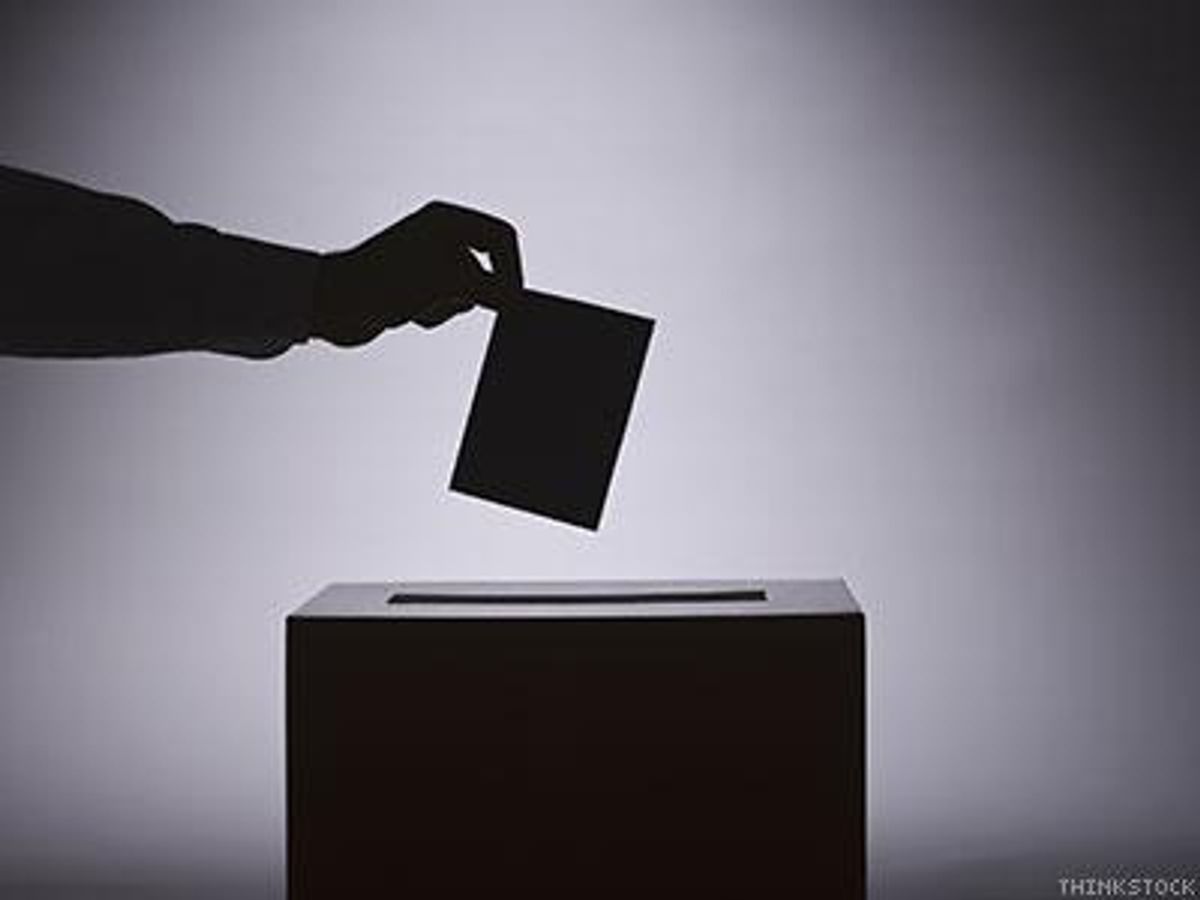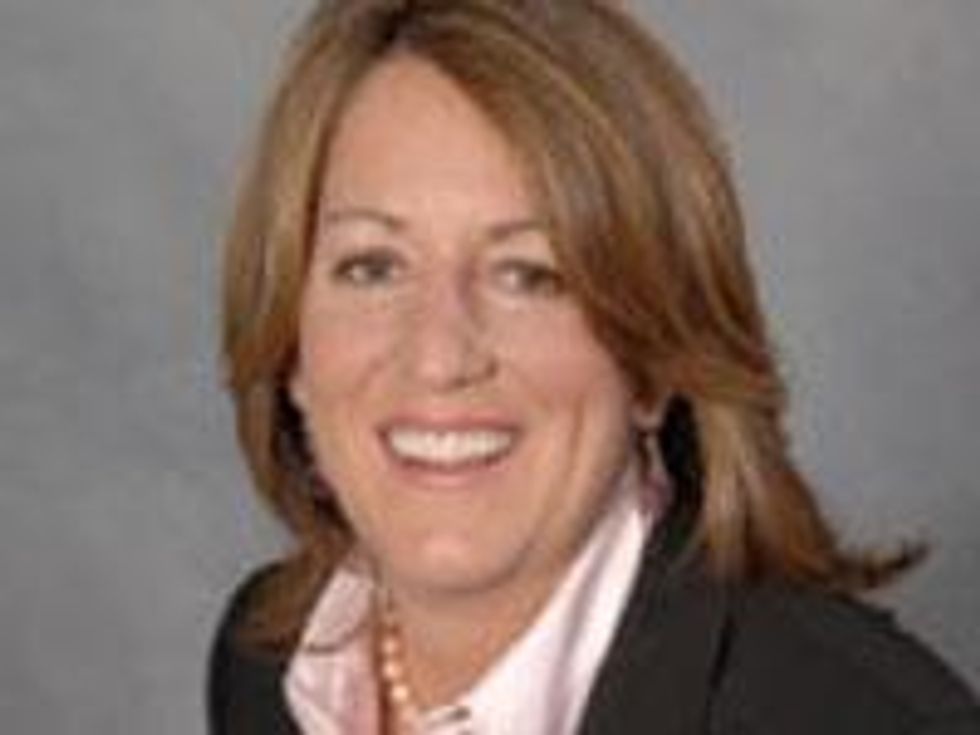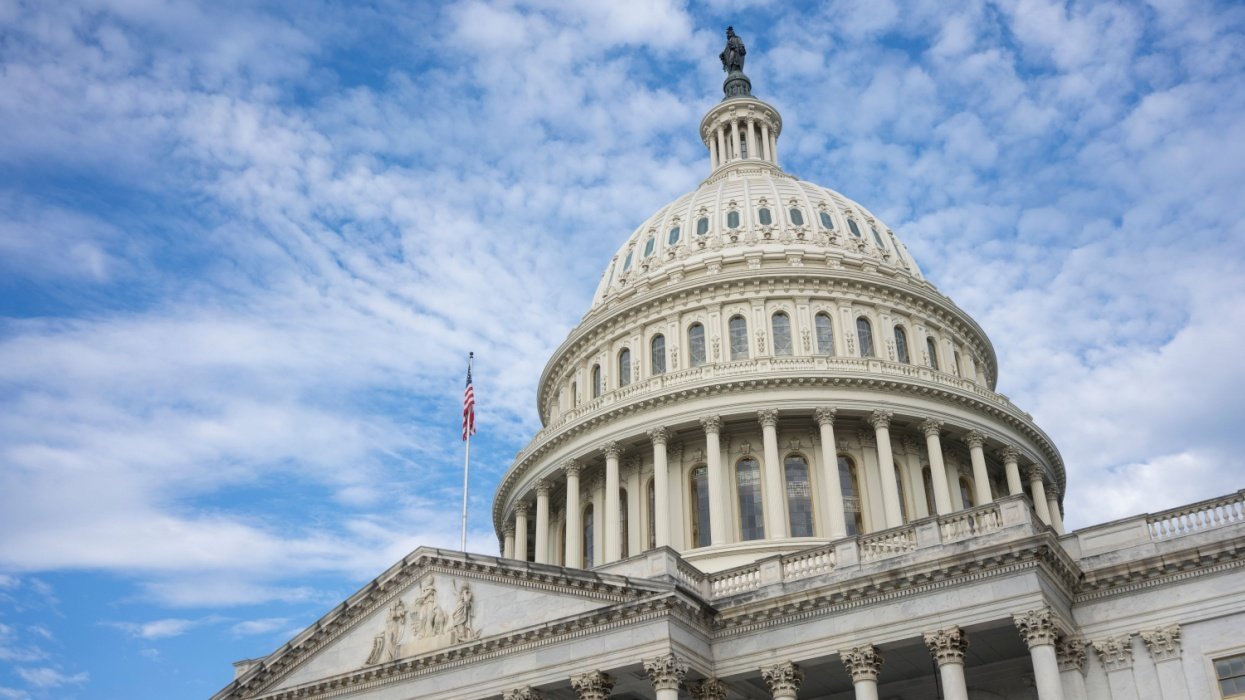I turned 18 in 1978 and voted in my first presidential election in 1980. Jimmy Carter was on his way, sadly, to being a one-term president. It wasn't until 1992 that the candidate I voted for won the White House. That was the year Bill Clinton won, and I still remember the raucous party held at the home of a friend in my hometown of Ogden, Utah.
Going back to all those elections, I felt certain that my vote never really mattered in the national contest for president (and since I was in Utah it really didn't). Despite feeling this way, I gamely went to the polls to exercise my franchise. My parents were not political or well-educated, but they too always voted. I understood even then that there might not be much I could do to influence the course of national events. But I also believed that if enough like-minded people voted too, we actually could influence national events.
But voting doesn't just matter to citizens wishing for a voice; it matters most to those who are being denied a voice. And currently, the efforts of those who are trying to silence the voices of others have become our greatest incentive for protecting this hard-won right. They know too well that voting is a real power and they don't want us to have it.
Today, even as we mark the 50th snniversary of the Voting Rights Act, those who engineered the evisceration of the act are smug and satisfied. In 2013 the U.S. Supreme Court ruling in Shelby Co. v. Holder nullified some of the most important protections in the law and severely undermined its power. The motivation for diluting the act and for pushing voter ID laws and other measures that make voting more difficult is as clear as it is cynical and abhorrent. It is no coincidence that these actions suppress the votes of millions of African-Americans and other voters of color, effectively disenfranchising these communities and easing the path for the election of those hostile to civil rights, economic equality, social programs for the poor, protection of the environment, and LGBT equality. And then we all lose.
When President Johnson signed the Voting Rights Act into law, it was in response to a litany of deplorable actions -- most but not all by Southern states -- to deny black citizens the ability to vote. Yes, the Confederate flag, that symbol of slave-owning heritage, no longer flies over the South Carolina State Capitol, but modern-day white supremacists across the country aren't trifling with symbols; they are bent on actual disenfranchisement of voters whose vision of the nation they wish to smother. Not surprisingly, many of the states originally targeted in the act are now the ones enacting law after law choking off access to voting and reproductive health care, and proudly defying the Supreme Court's recent recognition of marriage equality -- by withholding marriage licenses and pushing laws to codify discrimination in the name of religious liberty.
The good news is, this is still a democracy. Citizens still matter. That bumper sticker, "Don't blame me, I voted," still matters. Despite the majority ruling in Shelby Co., we can still bend this nation to the will of those of us who value justice over inhumanity, equality over stigma, and dignity over shame. There are current efforts to restore the promise of the Voting Rights Act, including the Voting Rights Advancement Act of 2015. But much of our success in reclaiming and reviving the Voting Rights Act is up to every individual voter. We must speak up, rise up, be outraged, and never give in to the notion that our voice and our vote does not matter, for it matters a great deal to those who wish to deny this fundamental right.
 KATE KENDELL is executive director of the National Center for Lesbian Rights. Follow her on Twitter @KateKendell.
KATE KENDELL is executive director of the National Center for Lesbian Rights. Follow her on Twitter @KateKendell.


 KATE KENDELL is executive director of the National Center for Lesbian Rights. Follow her on Twitter
KATE KENDELL is executive director of the National Center for Lesbian Rights. Follow her on Twitter 














































































